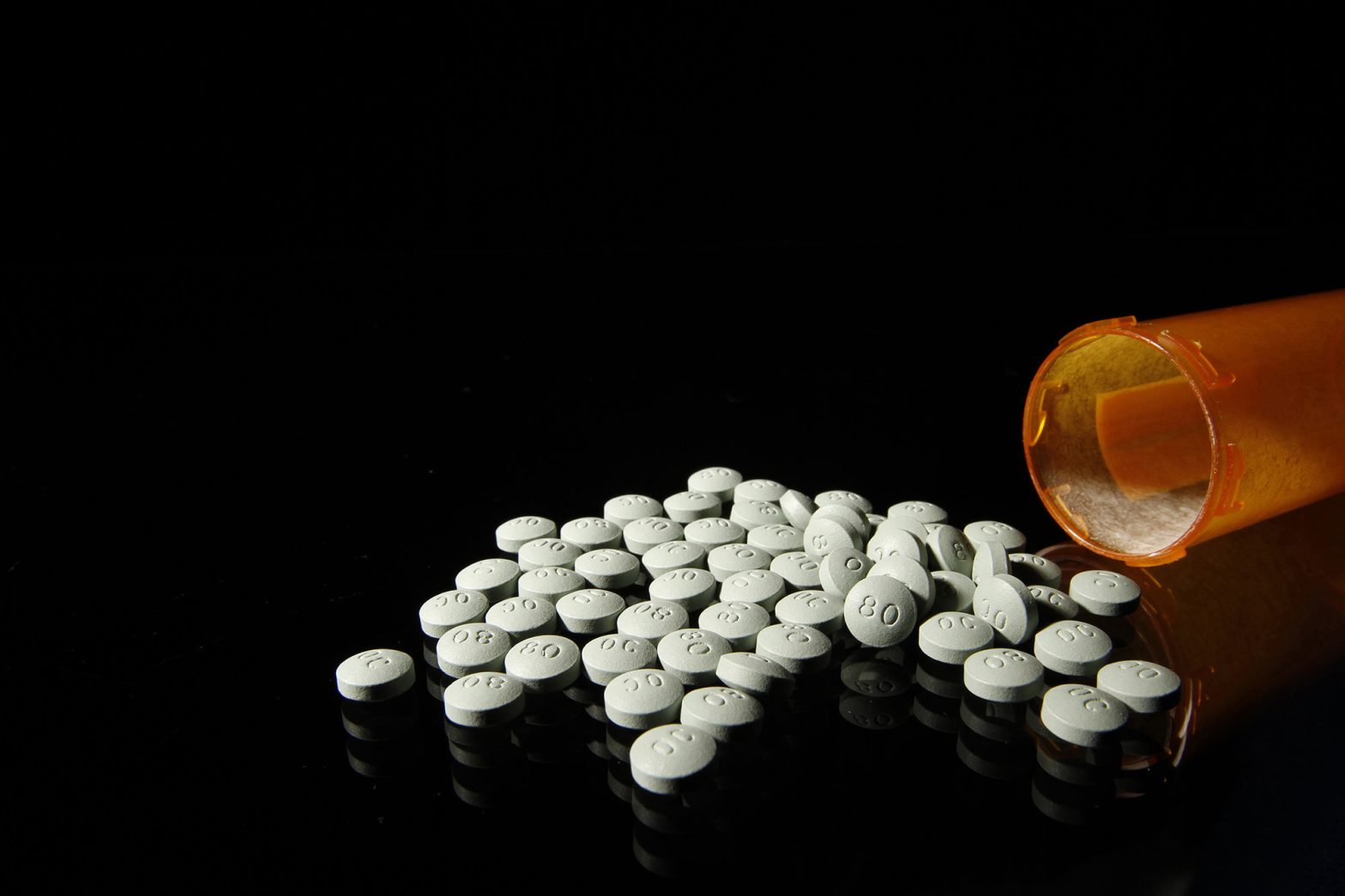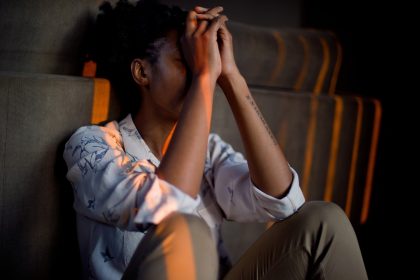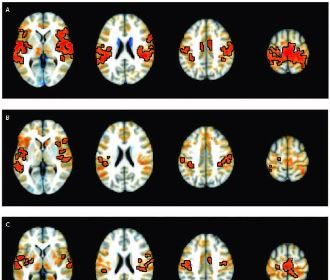Bicycle Health Expands Virtual Care for Treating Opioid-Use Disorders

Lockdown orders during the COVID-19 pandemic created barriers to providing in-person treatment services for those battling opioid addiction, so Bicycle Health, which provides evidence-based treatment for opioid-use disorder, decided to go virtual.
“When the pandemic hit and the public health emergency was announced, we didn’t need to do in-person physical exams anymore and could deliver treatment virtually. We were concerned whether this would be a good thing or bad thing, and our approach was just to try it out and deliver treatment like we would have in an in-person setting,” Ankit Gupta, CEO and founder of Bicycle Health.
After completing a graduate degree in computer sciences at Stanford University, Gupta worked in India to develop a unique health ID and data sharing platform, which allowed him to understand how technology can improve access and quality of care for individuals, especially in rural parts of the world.
After his return from India, Gupta began working at a pain clinic in Marin, Calif., where he shadowed an anesthesiologist, and began to notice a pattern after meeting a lot of patients on opioids.
“I heard the same story over and over again, someone got started on opioids because of a procedure or chronic pain episode, and over time it started affecting their career, finances, and family, and it’s a cycle they couldn’t come out of because they needed more and more opioids over time,” said Gupta.
Gupta wanted to break the cycle of addiction, and in 2017 he founded Bicycle Health, which started first as a team of 8-10 people serving only 100-150 patients out of a small in-person clinic in Redwood City, Calif.
Bicycle Health provides treatment for those with opioid abuse disorder through addiction-medicine trained physicians, nurse practitioners, and physician assistants who provide a combination of buprenorphine and naloxone (suboxone) treatment, with behavioral health supports, like online support groups, psychotherapy, in-home diagnostics testing, and linkage to individual and in-person services like job and housing support.
According to recent data from the Centers for Disease Control and Prevention, 70% of drug overdose deaths in 2019 involved an opioid, including prescription opioids, heroin, and synthetic opioids like fentanyl, which killed nearly 50,000 people that year.
The pandemic accelerated the number of opioid overdose deaths, as over 81,000 drug overdose deaths occurred in the U.S. in the 12 months ending in May 2020.
As the demand for opioid treatment services grew during May-June of last year, Bicycle Health decided to expand coverage for treatment to the entire state of California, and then went on to provide coverage in 20 additional states.
Growing 30% month over month since the start of the pandemic, Bicycle Health is now the largest virtual care platform for opioid use disorder by geographic footprint and insurance coverage, providing in-network coverage from UnitedHealthcare, Aetna, Medicare, Medicaid, and Cigna.
The small team has now grown to 150 people across 21 states who are treating over 6,000 patients.
The large patient base is built through word-of-mouth from family and friends, those who discovered the program online, referrals from primary medical providers, or patients who go to the emergency room after an opioid overdose and are referred to the service through a social worker or case manager.
“Before the pandemic, a patient had to typically wait four days to start treatment, and now that wait time has come down to just a few hours,” said Gupta.
Gupta said that moving services to a remote platform has been more successful for addiction treatment outcomes than in-person outcomes, especially when it comes to things like better medication and treatment adherence.
“Our medication adherence outcomes are significantly higher than in-person adherence, and we see very little no-show rates compared to no-show rates of the in-person clinics,” said Gupta.
“One of the big reasons why is the stigma of addiction. A lot of people don’t want to be seen walking into the clinic or community center, or even admit to themselves they have an addiction,” he explained.
Bicycle Health has worked to ensure pharmacies do not stigmatize patients who are coming to pick up medications through maintaining a database of all U.S. pharmacies.
“The behaviors of the pharmacy are tracked, so if the pharmacy stigmatizes the patient they won’t send them to that pharmacy in the future,” said Gupta.
The clinical support specialists of Bicycle Health will call pharmacies within a patient’s area to ensure the medication needed is in stock, can be dispensed at an affordable price, will track formulary for insurances, and to ensure medications will be dispensed within the same day.
Bicycle Health is now looking to expand its coverage nationwide for treating opioid use disorder through a recent partnership to raise $27 million with investments led by Questa Capital and City Light Capital.
However, expanding treatment coverage nationwide won’t be easy, as it requires obtaining multiple licenses from different organizations which exist on the local, state, and federal level, which govern policies for medication-assisted treatment for opioid abuse disorder, telehealth, privacy rights, etc.
Gupta said the primary challenge is that each state typically has its own substance abuse administration, and if that regulating body exists you have to get a license from that regulating body.
Some states require an additional controlled substance license, in addition to a Drug Enforcement Administration license. Gupta also said there are a certain set of laws which can impact the clinical model, and a separate medical board which has guidelines for how to provide this type of treatment.
“To address the entirety of [the patient’s] whole person-based care, we have to make sure we abide by all licensing requirements and get providers to build community relationships in each state we go into,” said Gupta.
Although Gupta said the future goal is to provide medications via shipment to patient’s homes, there is currently no safe shipment program for controlled substances.
“In order for us to ship the medication, we would have to work really closely with the DEA and make sure we are shipping them safely, and that policies around fraud are consistent with DEA policies around diversion control. We hope we can do that and work with the DEA on that at some point,” said Gupta.
Research shows that with medication assisted therapies 75% of patients will still be in recovery one year later, but that within one month of stopping buprenorphine treatment, more than 50% of patients relapse to illicit opioid use.
Bicycle Health aims to broaden the treatment access, especially in rural areas, for those suffering with opioid use disorder to try to fully recover from their addiction.
However, as Gupta said, like riding a bike, patients should not be afraid to fall off because, “that’s exactly how recovery is, and it’s not a big deal if you relapse, if you get back on.”

























